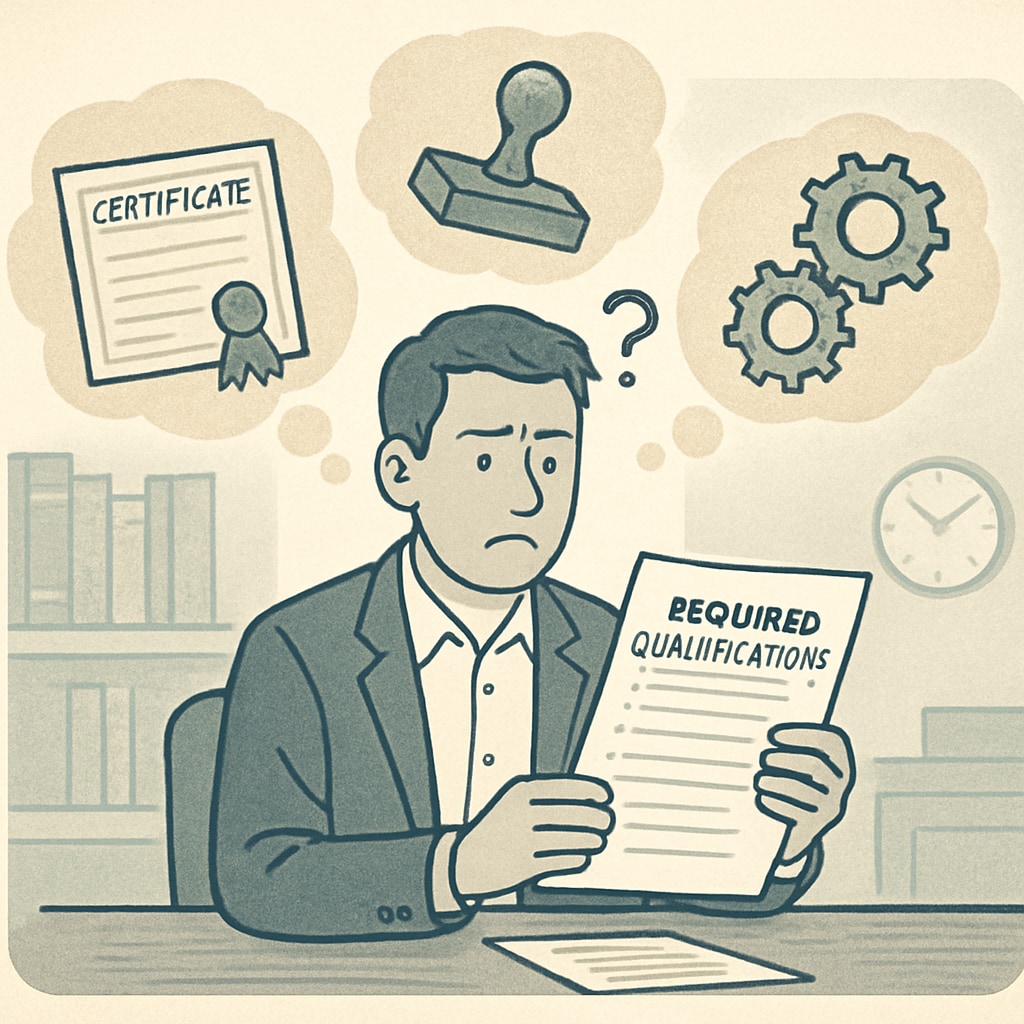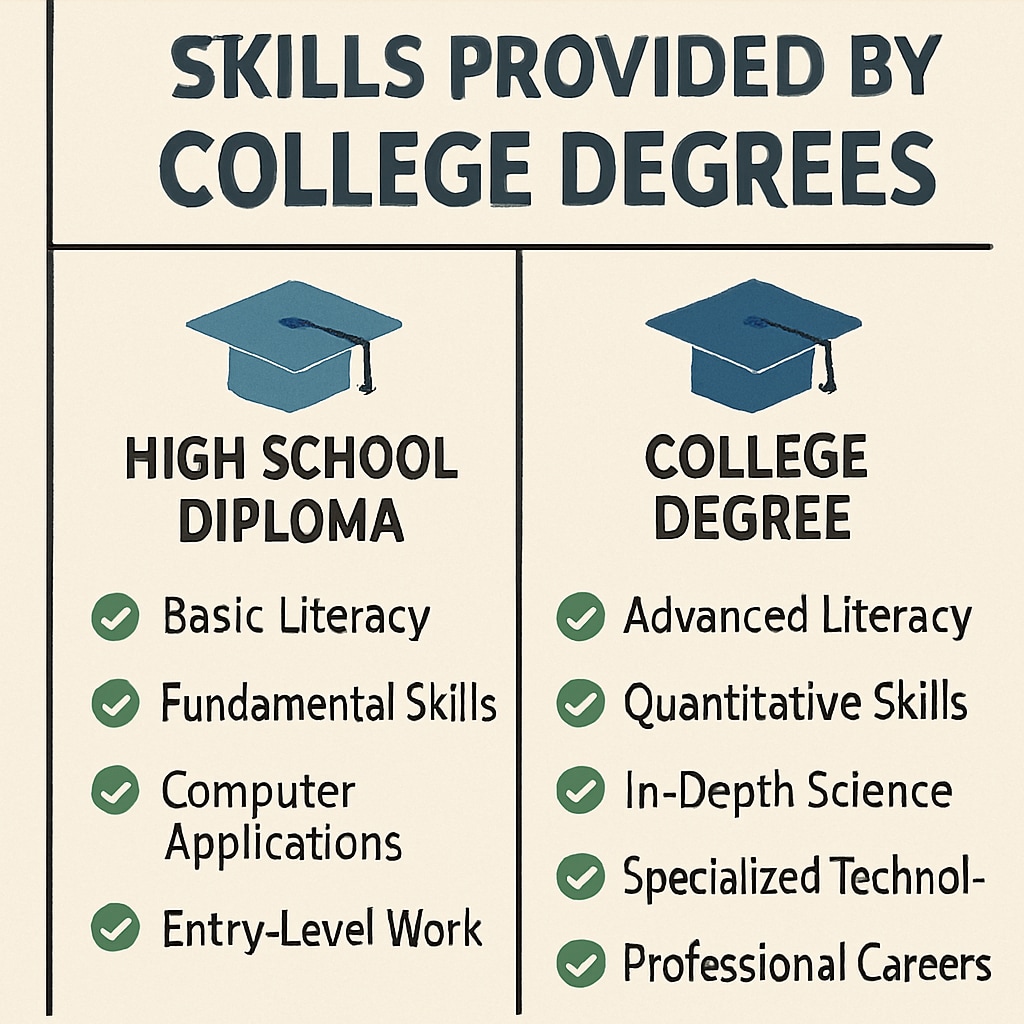In Arizona, the employment eligibility system presents a perplexing paradox: job candidates with impressive higher education achievements, such as college degrees, are often overlooked in favor of those with just a high school diploma. This contradiction highlights a disconnect between the state’s credentialing requirements and the realities of the modern job market. In a world where specialized skills and advanced knowledge are increasingly valued, the rigidity of such outdated qualification criteria raises critical questions about fairness, inclusivity, and the purpose of education itself.

The Disconnect Between Higher Education and Employment Eligibility
Arizona’s employment landscape is riddled with inconsistencies when it comes to education requirements. For instance, certain state jobs mandate a high school diploma as a prerequisite, even when the applicant possesses multiple advanced degrees. This requirement is not merely symbolic; it effectively excludes highly qualified individuals from consideration. The assumption seems to be that a high school diploma signifies a baseline competency that no amount of higher education can substitute. But does this assumption hold up under scrutiny?
Critics argue that such policies reveal systemic flaws in the way qualifications are assessed. Instead of evaluating candidates holistically, these rigid requirements prioritize form over substance, reducing complex educational achievements to a binary yes-or-no question. As a result, highly skilled professionals may find themselves disqualified for jobs they are more than capable of performing.
Why Does This Paradox Exist?
The issue stems from a reliance on outdated credentialing systems that fail to adapt to the evolving needs of the workforce. Historically, a high school diploma was seen as the cornerstone of employability, a universal benchmark for basic literacy and numeracy. However, the modern job market demands far more specialized skills and expertise, which are typically acquired through higher education.
Yet, some organizations and government bodies continue to cling to the high school diploma as a non-negotiable requirement. This rigidity may be attributed to:
- A lack of trust in alternative educational pathways, such as certificates or advanced degrees.
- Bureaucratic inertia, where outdated policies remain unchallenged.
- The misconception that higher education is not a substitute for “foundational” knowledge.

Potential Solutions to Bridge the Gap
To address this paradox, Arizona and similar states must rethink their approach to employment eligibility. The focus should shift toward assessing the actual skills and qualifications needed for the job rather than strictly adhering to arbitrary educational milestones. Here are some potential solutions:
- Revise Job Descriptions: Employers should clearly define the skills and competencies required, emphasizing practical abilities over formal credentials.
- Adopt Competency-Based Hiring: Implement systems that evaluate candidates based on their demonstrated skills and experiences rather than their formal education.
- Encourage Lifelong Learning: Recognize alternative education pathways, such as online courses, certifications, and professional training programs.
- Update State Policies: Reform government regulations to reflect the realities of the modern workforce, ensuring that higher education achievements are appropriately valued.
By adopting these measures, Arizona can create a more inclusive and equitable employment landscape, one that values all forms of education and experience.
The Broader Implications of Credentialing Reform
Addressing this issue is not just about fairness to job applicants; it has broader implications for society. When higher education is devalued, it discourages individuals from pursuing advanced learning, potentially stifling innovation and economic growth. On the other hand, inclusive credentialing systems that recognize diverse educational achievements can foster a more skilled and adaptable workforce.
Moreover, this reform aligns with global trends toward competency-based hiring. Countries like Germany and Singapore have long emphasized vocational training and skills over formal degrees, resulting in robust and dynamic labor markets. Arizona has an opportunity to lead the United States in adopting similar forward-thinking policies.
In conclusion, the paradox of employment eligibility in Arizona serves as a wake-up call. It highlights the urgent need to reform outdated credentialing systems that undervalue higher education. By embracing a more inclusive and skills-focused approach, the state can empower its workforce, drive economic growth, and ensure that no degree is rendered irrelevant by a high school diploma.


